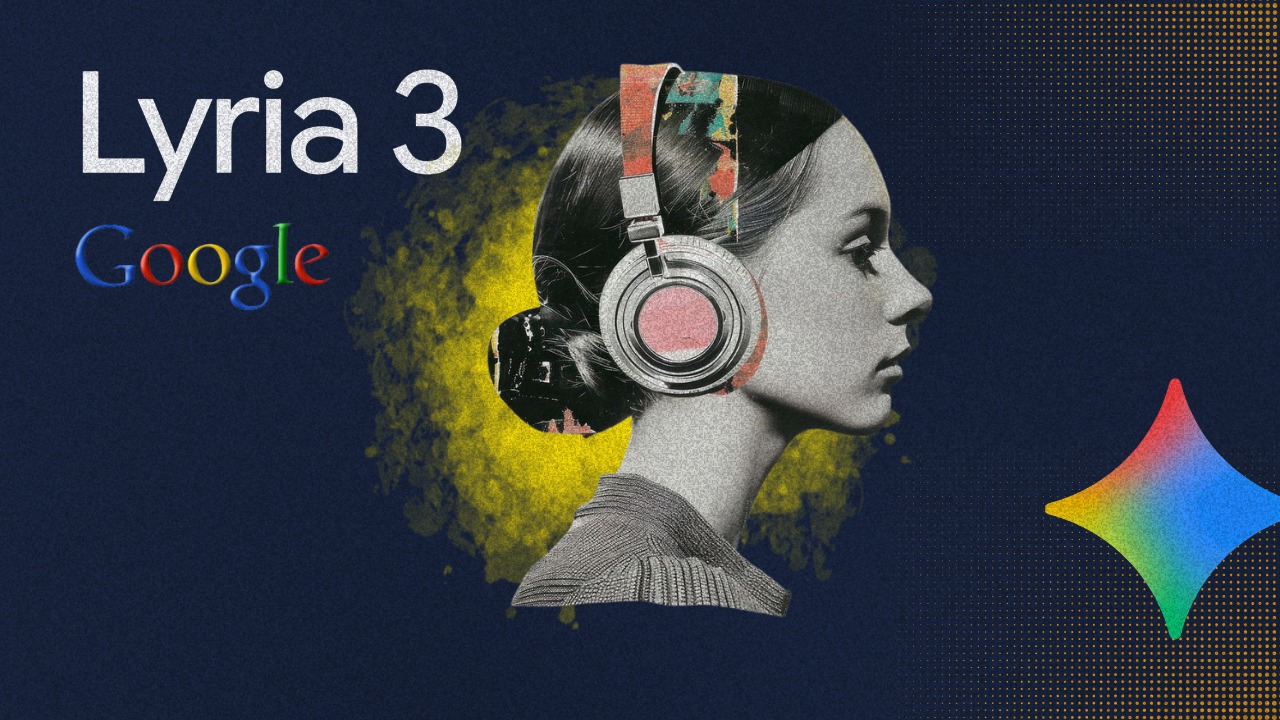
Welcome, Humans!
Ready for your daily dose of AI chaos? I’ve rounded up Today’s Top AI Headlines for those who like to stay ahead – and for the curious, I’ve got some eyebrow-raising stories Beyond the Headlines. Let’s dive in.
In a Nutshell:
Gemini turns one prompt into a full presentation
Meta alums launch smart ring “mouse for voice”
Google dreams of data centers in space
OpenAI’s Sora hits Android in 7 countries
Amazon tells Perplexity: no bots allowed
🚀Today’s Top AI Headlines:

Gemini can now make full presentations: Google’s Gemini Canvas has introduced a powerful new capability: generating entire presentation slide decks from a single text prompt. Users can now simply type “create a presentation” and instantly receive a complete deck, including slides, layouts, and content flow, all tailored to their request. This feature allows professionals, educators, and students to rapidly create polished presentations without needing design expertise. Gemini Canvas supports uploading documents, reports, or notes, allowing users to refine and personalize their decks through conversational follow-ups like “add visuals,” “make it more concise,” or “highlight the key points.” The AI automatically formats slides with consistent themes, visuals, and transitions, saving users hours of manual editing. According to Google, this update is part of its broader effort to position Gemini as a cross-functional productivity suite, capable of assisting users with writing, designing, and analyzing content seamlessly across Workspace tools. Early testers have praised the intuitive interface and speed, noting that it feels like having a professional designer and writer combined in one assistant. This new functionality puts Gemini in direct competition with Microsoft’s Copilot in PowerPoint and OpenAI’s ChatGPT Canvas, but with Google’s signature integration advantage, deep connections with Drive, Docs, and Slides..
Source: Gemini
🤖 Robi: “Finally, a tool for bosses who say “just throw some slides together.””
Ex-Meta duo unveils voice-controlled smart ring: Two former Meta engineers have launched Sandbar, a startup introducing a wearable AI device called Stream, a sleek smart ring designed to capture voice notes, control music, and interact with AI assistants. Dubbed “a mouse for voice,” Stream allows users to take quick notes or issue voice commands on the go, merging convenience with futuristic design. The founders, Mina Fahmi and Kirak Hong, both have deep experience in human-computer interface design. Fahmi previously worked at Kernel and Magic Leap, while Hong worked at Google and CTRL-Labs before Meta acquired the company in 2019. Their vision for Stream is to create an ambient computing experience, allowing users to communicate with technology naturally, without relying on screens.
Stream enters a rapidly growing market of voice-first devices alongside competitors like Humane’s Ai Pin, Limitless Pendant, and Bee’s wristband (now part of Amazon). However, Sandbar’s approach emphasizes subtlety and utility: a lightweight form factor paired with advanced AI integration.
As tech giants race to reinvent personal computing through wearables, Sandbar’s entry signals a shift toward more human, voice-driven interactions, turning the simple act of speaking into a powerful interface for daily life.
Source: Tech Crunch🤖 Robi: “Because clearly, what we all needed was Bluetooth jewelry.’’
Google wants space-based AI data centers: Google has unveiled Project Suncatcher, an ambitious initiative exploring the feasibility of building solar-powered AI data centers in outer space. The goal: to harness constant sunlight and eliminate Earth-based energy limitations while reducing carbon emissions and grid dependency. These orbital data centers would be powered exclusively by solar energy, operating with near-zero environmental impact. According to Superhuman, Project Suncatcher aims to solve one of AI’s biggest challenges, the enormous energy demand required to train and run large language models. In space, compute systems could operate continuously in direct sunlight, removing the need for nighttime power backup or terrestrial cooling systems. The concept aligns with growing industry interest in “space compute infrastructure.” Tech leaders including Elon Musk and Jeff Bezos have expressed support for the idea, with their companies SpaceX and Blue Origin expected to play roles in launch and deployment logistics.
While still in early research stages, Project Suncatcher could redefine sustainable AI computing. If realized, it would mark the first major step toward extraterrestrial cloud infrastructure, making space not just the next frontier for exploration, but for computation itself.
Source: Google🤖 Robi: “Launching a data center into space just to avoid your local power bill. Respect.”
🔍Beyond the Headlines:
Sora now live on Android in more countries: OpenAI’s AI video generator Sora is now available for Android users in the U.S., Canada, Japan, Korea, Taiwan, Thailand, and Vietnam. After topping the iOS charts with over a million downloads in its first week, the Android launch expands Sora’s reach dramatically. The app includes its viral “Cameos” feature, letting users create videos of themselves performing various activities in TikTok-style feeds, part of OpenAI’s strategy to rival short-form platforms like Instagram Reels and Meta’s Vibes.
Source: CNBC🤖 Robi: “Coming soon: an AI-generated you doing yoga... while you eat chips.’’
Amazon threatens Perplexity over AI shopping bot:Amazon has issued a cease-and-desist to Perplexity, accusing its AI shopping assistant Comet of violating site terms by not disclosing itself as an automated agent. Perplexity argues that Comet acts on behalf of users and shouldn’t require separate identification. Amazon contends third-party bots must be transparent, citing parallels with delivery apps and online travel agencies. The dispute highlights growing tension between e-commerce platforms and emerging AI shopping tools, and signals Amazon’s intent to tightly control agentic activity within its ecosystem.
Source: Reuters
🤖Robi: “Bots arguing over shopping etiquette, capitalism truly has range.”
🤖Prompt of the Day:
Corporate Innovation Culture Framework
Prompt: You are a cultural transformation strategist specializing in corporate innovation. Your task is to build an innovation culture framework for a [company size/type] seeking to foster creativity.
Your framework should include: (1) leadership behavior modeling, (2) internal innovation programs and hackathons, (3) employee idea submission and funding channels, (4) reward and recognition systems, (5) innovation training and communication, and (6) KPIs such as idea participation rate, innovation adoption speed, and employee innovation index.
🤖AI Tools You Didn’t Know You Needed:
Problem: Writing resumes, cover letters or job applications often takes hours and may fail to stand out or pass Applicant Tracking Systems.
AI Solution: AI-powered document tools generate tailored professional documents, optimize content for ATS, and scale job-search outreach efficiently.
AI Tool: Jinna.ai is an AI-driven platform that creates focused resumes, cover letters and LinkedIn profiles matching job descriptions and personal style.
Helpful Features
ATS-friendly Templates: Built for application systems.
Custom Cover Letters: Tailored to job postings.
LinkedIn Profile Builder: Optimize your presence.
Bulk Apply Tools: Submit to multiple roles quickly.

⚡ Robi’s Hot Take on X






